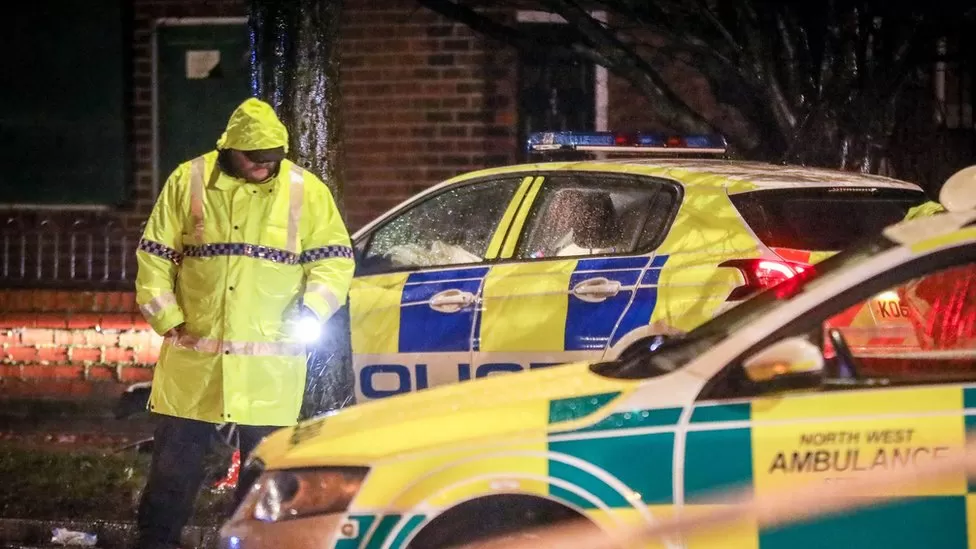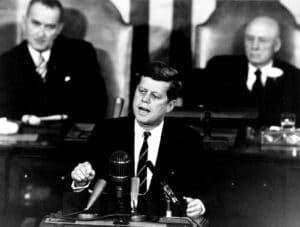Today was Charles Bronson’s parole hearing. He is one of the longest-serving prisoners and most violent offenders in the United Kingdom. A psychologist hired by Bronson’s legal team testified in Court 76 of the Royal Courts of Justice that he exhibited symptoms of post-traumatic stress disorder (PTSD), in part due to “brutal and unacceptable treatment” in prison.
Bronson, whose real name is Michael Peterson, was convicted of armed robbery in 1974 and has since changed his name twice: first to Charles Bronson in 1987 and then to Charles Salvador in 2014. His notoriety stems largely from a 1999 hostage situation at Hull Prison, for which he was sentenced to life in prison.
According to the psychologist, his symptoms were “mild,” but he held “anti-authoritarian views” and exhibited psychopathic characteristics. She suggested that Bronson would be safer in a less restrictive environment and suggested that he be transferred to an open prison, for example.
Bronson testified at his parole hearing that he now handles situations “one hundred times better than I used to.” He is being held in a specialised close supervision facility at Woodhill Prison in Milton Keynes, but he has expressed a desire to be released and return home.
The Parole Board panel must determine whether Bronson still poses a threat to society or whether he should be released from prison. If they decide against releasing him, they will also be asked to consider transferring him to an open prison with more freedom.
Today, Charles Bronson, one of the longest-serving inmates in the United Kingdom, appeared before a Parole Board panel at the Royal Courts of Justice. A psychologist retained by his legal team opined that he displayed symptoms of post-traumatic stress disorder, in part as a result of “brutal and unacceptable treatment” in prison.
Bronson, whose birth name was Michael Peterson, was convicted of armed robbery in 1974 and has since changed his name twice: first to Charles Bronson in 1987 and then to Charles Salvador in 2014. His notoriety stems largely from a 1999 hostage situation at Hull Prison for which he was sentenced to life in prison.
The psychologist stated that Bronson’s symptoms were “mild,” but he had “anti-authoritarian views” and psychopathic characteristics. She suggested that he would be safer in a less restrictive environment and suggested that he be transferred to an open prison, for example.
Bronson stated at his parole hearing that he now handles situations “one hundred times better than I used to” and expressed his desire to be released from prison and return home.
The Parole Board panel must determine whether Bronson still poses a threat to society or whether he should be released from prison. If they decide against releasing him, they will also be asked to consider transferring him to an open prison with more freedom.
Today is only the second time that a Parole Board hearing has ever been held in public, with press and public filling Court 76 at the Royal Courts of Justice to view the hearing via live video link. The panel’s decision on whether one of the United Kingdom’s most notorious criminals can return to society after nearly 50 years in prison promises to be a momentous occasion.

















